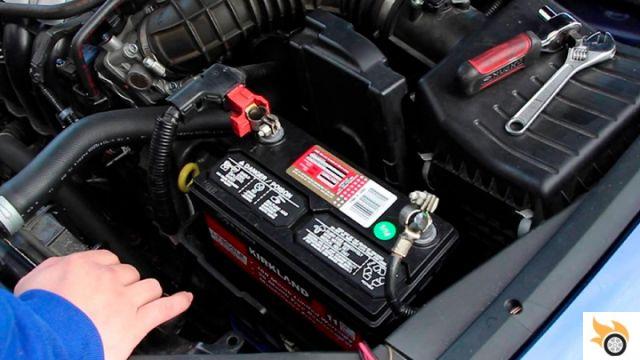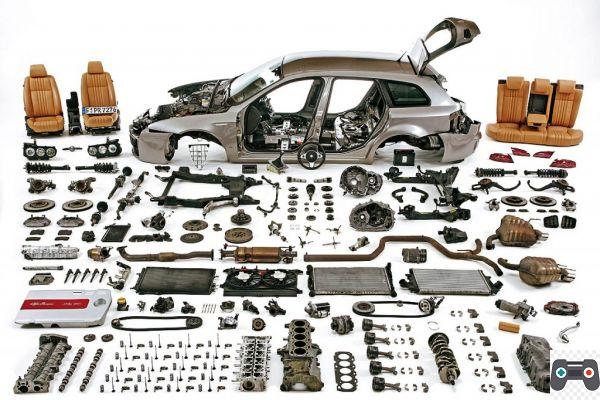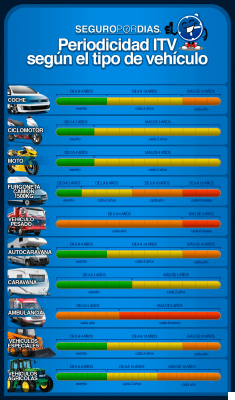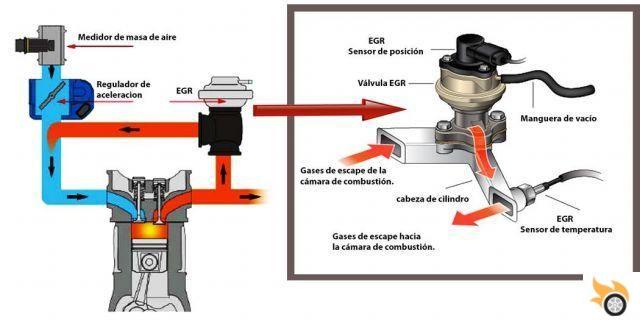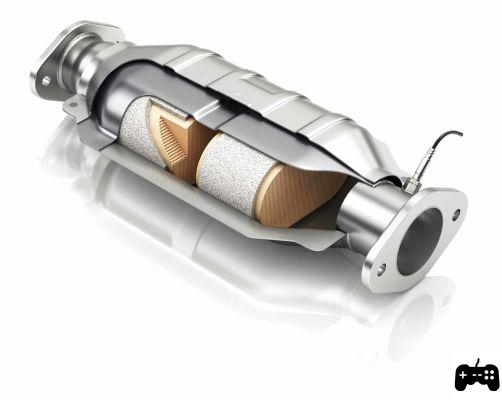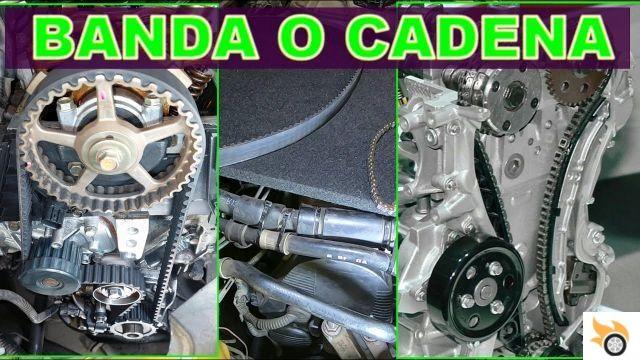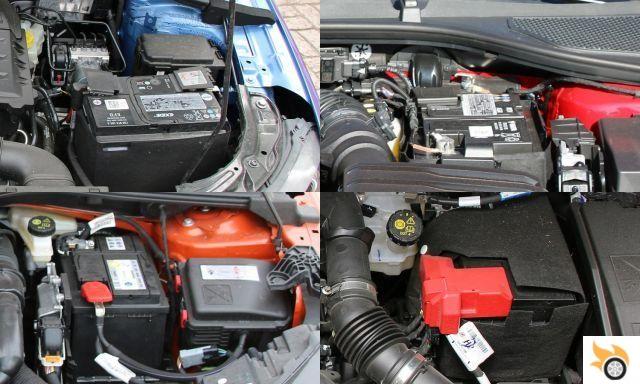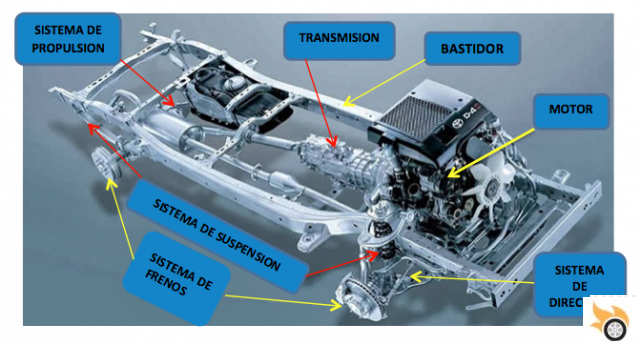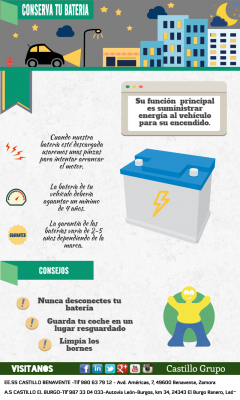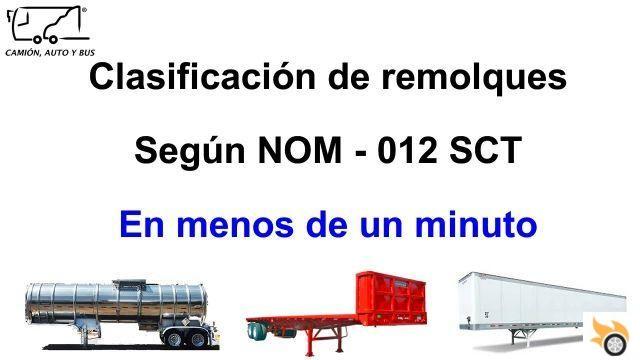 Types and classifications of trailers - Pistonudos.com
Types and classifications of trailers - Pistonudos.com
Welcome to Pistonudos.com, your source of information about vehicles and everything related to the motor world. In this article, we will provide you with a complete guide on the different types and classifications of trailers, from their definitions to concrete examples. If you are interested in learning more about this topic, keep reading!
What is a trailer?
Before we get into the different types of trailers, it's important to understand what exactly a trailer is. A trailer is a non-powered vehicle that is attached to another vehicle, such as a car or truck, to carry additional cargo. Trailers are widely used in various industries such as construction, freight transportation, and camping.
Trailer Classification
Trailers can be classified in different ways, depending on their use, design, and load capacity. Here are the main trailer classifications:
cargo trailers
Cargo trailers are the most common and are used to transport goods and materials. They can have different sizes and load capacities, from small trailers for personal use to large trailers used in industry.
flatbed trailers
Flatbed trailers are those that have a flat, open surface, with no walls or roof. They are ideal for transporting large and heavy objects, such as machinery or vehicles.
closed trailers
Enclosed trailers, also known as box trailers, have walls and a roof, making them ideal for hauling cargo that needs protection from the weather or theft. They are widely used in the transport of goods and removals.
heavy duty trailers
Heavy-duty trailers are designed to transport extremely heavy objects, such as industrial machinery or large vehicles. They usually have a robust structure and additional wheels to support the weight.
What are the benefits of using a trailer?
Using a trailer has numerous benefits, both personally and professionally. Some of the most outstanding advantages are:
Increased load capacity
Trailers allow you to transport a larger amount of cargo, which is especially useful in situations where you need to carry bulky or heavy objects.
Versatility
The trailers adapt to different needs and uses. They can be used to transport goods, vehicles, sports equipment, construction materials and much more.
cost savings
Instead of investing in a dedicated cargo vehicle, using a trailer attached to an existing vehicle may prove more economical in the long run.
Schedule style
The trailers can be easily coupled and uncoupled, providing the ability to use the main vehicle without the trailer when no additional cargo is needed.
Frequent questions
1. Is it necessary to have a special permit to drive a vehicle with a trailer?
Depending on the country and the total weight of the vehicle and trailer, it may be necessary to obtain a special permit. We recommend checking your local laws to ensure you meet the necessary requirements.
2. What is the maximum load capacity of a trailer?
The maximum load capacity of a trailer varies depending on its design and construction. It is important to check the manufacturer's specifications and not exceed the recommended load limit to ensure safety on the road.
Conclusion
In short, trailers are non-powered vehicles that are attached to other vehicles to carry additional cargo. There are different types and classifications of trailers, from cargo trailers to flatbed trailers and enclosed trailers. Using a trailer offers numerous benefits, including increased hauling capacity, versatility, and cost savings. Always remember to check local legislation and manufacturer specifications before using a trailer.
We hope this article has been useful for you to better understand the different types and classifications of trailers. If you have any additional questions or want to share your experience with trailers, feel free to leave us a comment below. We will be happy to read you!
Until next time at Pistonudos.com!






